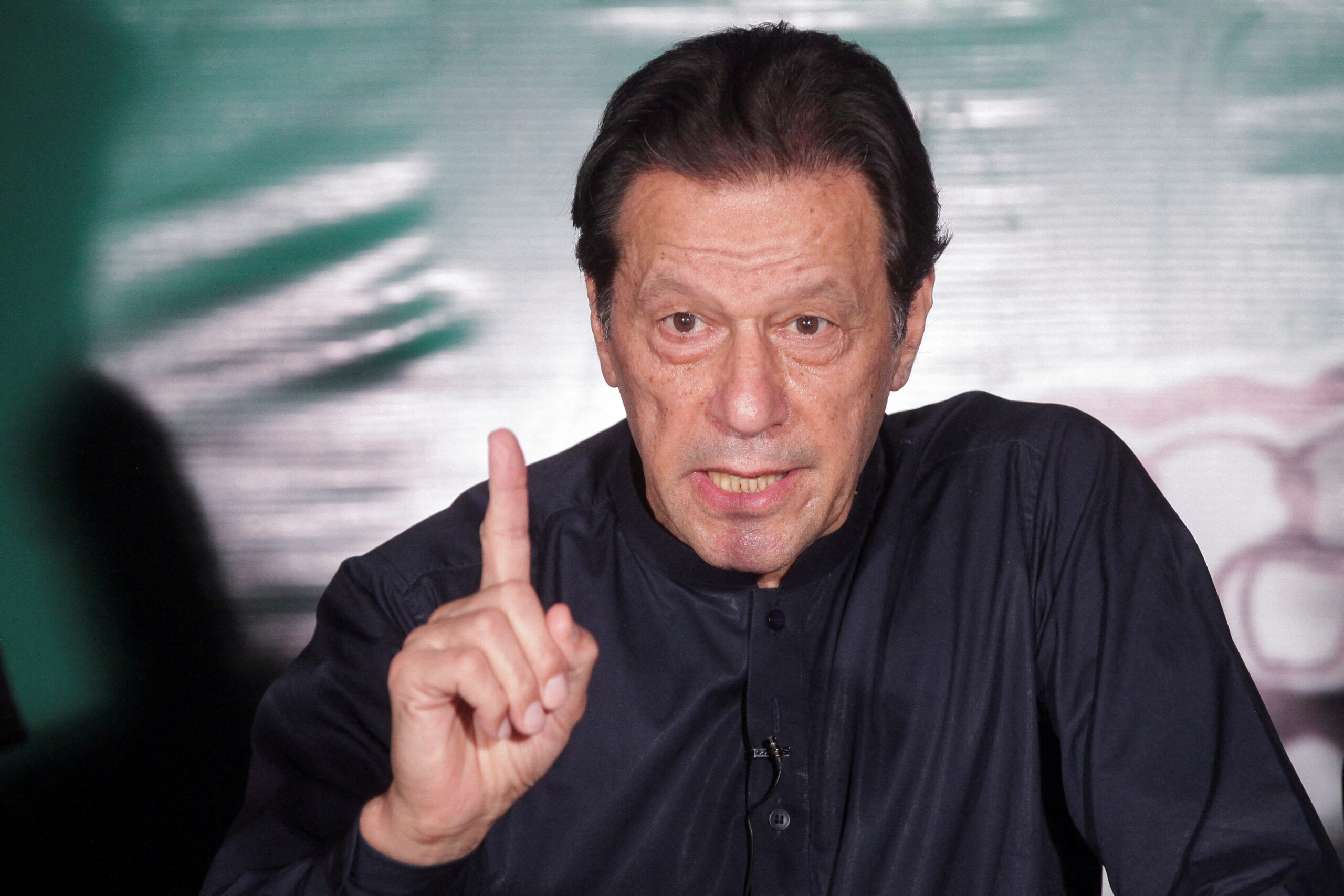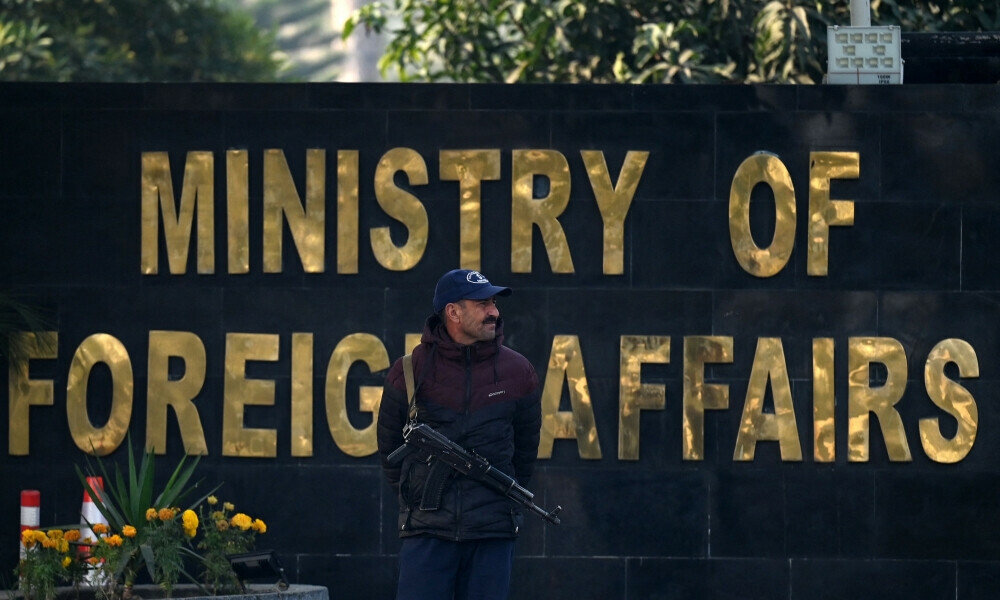The ongoing investigation into the May 9 incidents, Pakistan Tehreek-e-Insaf (PTI) founder Imran Khan has refused to undergo polygraph (lie detector) and voice matching tests. This decision comes amidst a heightened scrutiny by various institutions and as Lahore police intensify their probe into the case.
The Lahore police’s 12-member investigation team, led by Deputy Superintendent of Police (DSP) Javed Asif and including experts from the Punjab Forensic Science Agency (PFSA), made a significant move by visiting Adiala Jail, where Imran Khan has been held for nearly a year. The team’s primary goal was to conduct necessary forensic tests including polygraph examinations, voice matching, and photogrammetry.
Despite the team’s efforts, Imran Khan firmly resisted the tests. The team, comprising investigation officers (IOs) of the cases and PFSA experts such as Abid Ayub and Inspector Waqas Khalid, encountered resistance from the former premier. Khan’s refusal was underscored by his assertion of being under intense scrutiny by multiple institutions, which he believed justified his decision to defer the tests.
“I am under scrutiny by multiple institutions and won’t undergo any tests for now. I’ll give the police time later for these tests,” Imran Khan declared. His refusal to cooperate with the PFSA’s experts was a significant development in the investigation, reflecting his deep-seated distrust in the process.
The investigative team had arrived at Adiala Jail with the intention of conducting these forensic tests, which are crucial in piecing together evidence related to the May 9 cases. The refusal by Khan to undergo these tests has raised questions about his willingness to fully participate in the ongoing investigation.
Initially, Imran Khan chose to remain silent, citing a lack of trust in the police. His stance created a challenging situation for the investigation team. In response to the situation, DSP Javed Asif made an appeal to Khan, assuring him of a fair and just process. This appeal led to a brief moment of cooperation from Khan.
Following this assurance, Imran Khan broke his silence and engaged with the investigative team for approximately 15 minutes. During this brief interaction, Khan responded to questions posed by the officials, though his refusal to undergo the specific forensic tests remained unchanged.
The situation underscores a broader issue of trust and cooperation between high-profile political figures and investigative bodies. Imran Khan’s refusal to undergo the polygraph and voice matching tests highlights his concerns about the fairness of the investigation, and the challenges faced by authorities in conducting impartial and thorough probes.
The Lahore police’s investigation into the May 9 incidents remains a high-profile case, with significant implications for all parties involved. The refusal of key individuals to fully cooperate with forensic tests adds a layer of complexity to the investigation process. The response from Imran Khan and his legal team will be closely watched as the investigation progresses.
As the situation develops, the focus will likely shift to how the Lahore police and forensic experts address these challenges and proceed with the investigation. The outcome of this high-profile case will have broader implications for political and legal processes in Pakistan.
For now, the Lahore police and PFSA experts will need to navigate the complexities introduced by Imran Khan’s refusal to undergo the forensic tests. The investigation into the May 9 incidents will continue to evolve, with the involvement of various stakeholders and the potential for further developments in the coming days.




